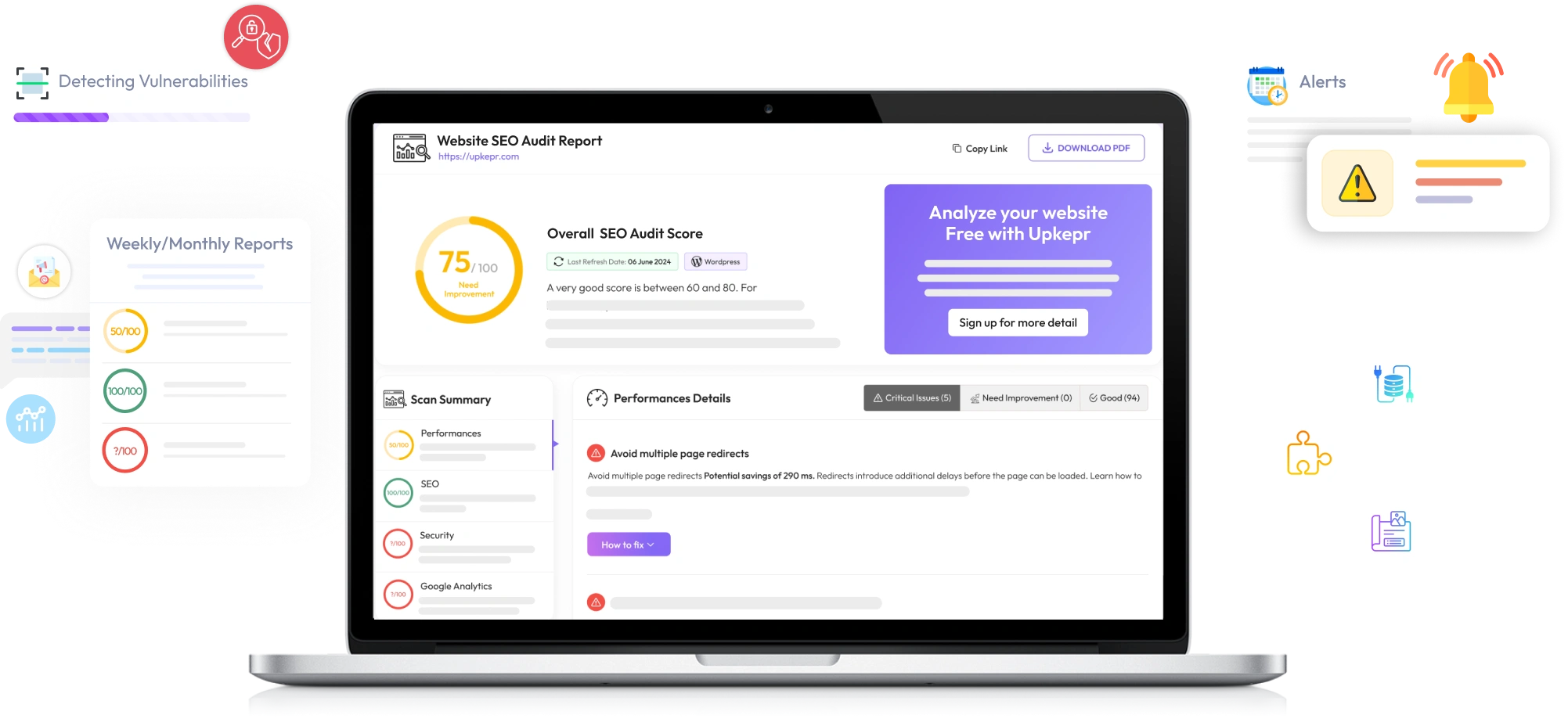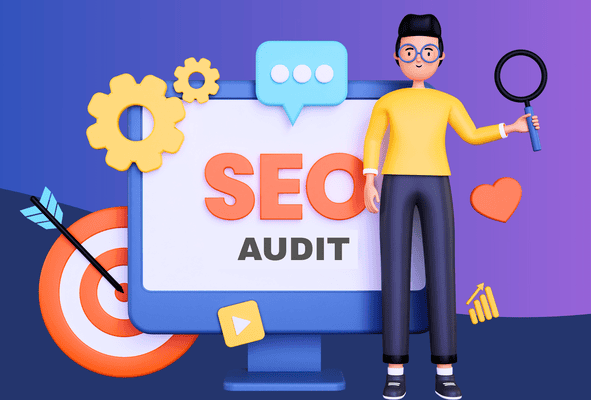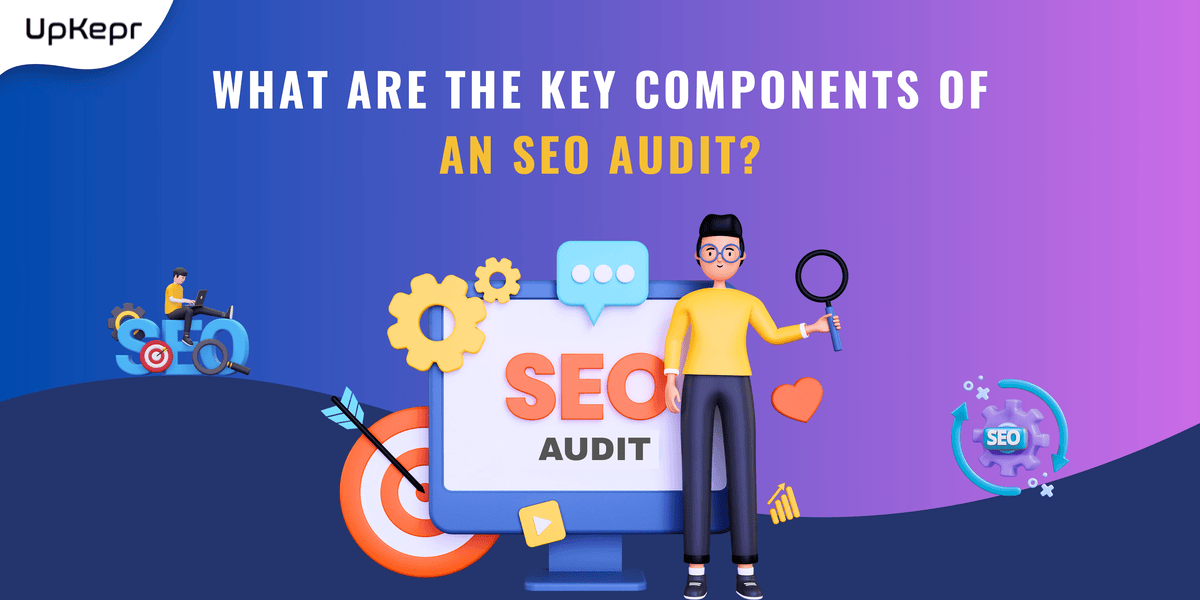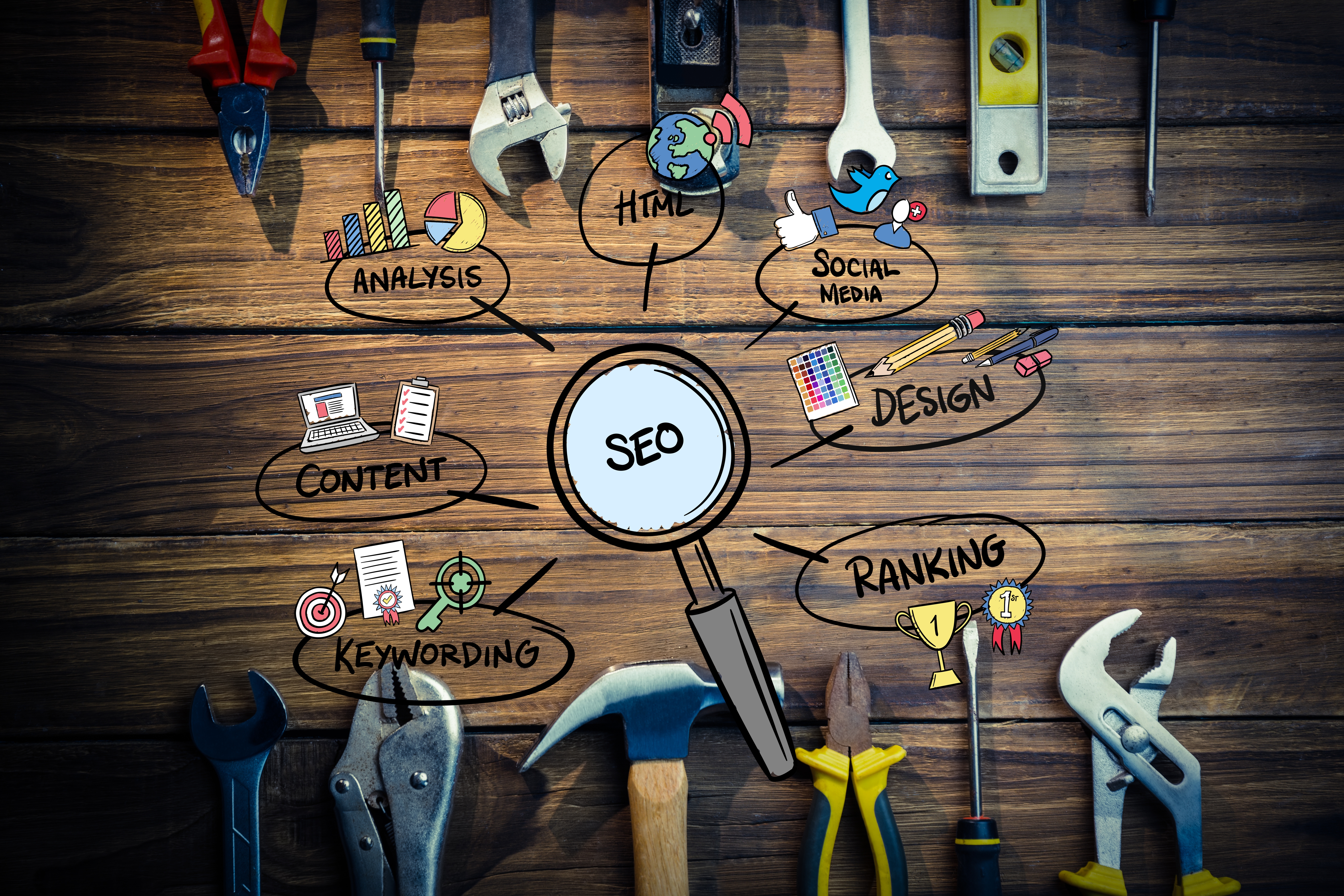The Impact of Website Performance on SEO: A Comprehensive Guide
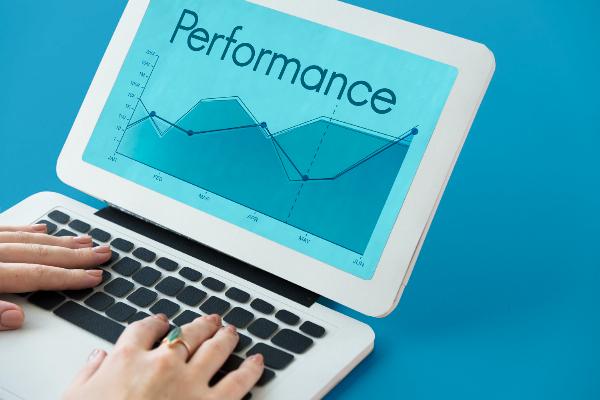
Strong 8k brings an ultra-HD IPTV experience to your living room and your pocket.
In the digital age, where attention spans are short and competition is fierce, website performance has become a critical factor influencing not only user experience but also search engine optimization (SEO). A fast-loading, responsive website is essential for attracting and retaining visitors, improving search engine rankings, and ultimately boosting conversions. In this comprehensive guide, we will explore how website performance impacts SEO and provide actionable strategies to enhance both.
Understanding Website Performance
Website performance refers to the speed and responsiveness of a website. It encompasses various metrics, including page load time, time to first byte (TTFB), and overall user interaction speed. According to Google, as the load time of a page increases from one second to five seconds, the probability of a visitor bouncing away increases by 90%. This statistic underscores the importance of optimizing website performance for both user engagement and search visibility.
The Connection Between Website Performance and SEO
1. Page Speed as a Ranking Factor
Google has made it clear that page speed is a ranking factor for both mobile and desktop searches. This means that faster websites are more likely to rank higher in search results. Google's Core Web Vitals, which include metrics like Largest Contentful Paint (LCP) and First Input Delay (FID), are specifically designed to measure user experience related to loading times, interactivity, and visual stability. Websites that perform well on these metrics can gain a competitive edge in SERPs (Search Engine Results Pages).
2. User Experience and Bounce Rate
Website performance directly affects user experience. If a website is slow to load, users are more likely to leave the site before it fully loads, resulting in a high bounce rate. A high bounce rate can signal to search engines that a website may not provide relevant or satisfactory content, which can negatively impact rankings. Conversely, a fast-loading site encourages users to explore more pages, increasing session duration—another positive signal to search engines.
3. Mobile Responsiveness
With the rise of mobile browsing, website performance is even more critical. Google uses mobile-first indexing, meaning it predominantly uses the mobile version of a site for indexing and ranking. A website that performs poorly on mobile devices can severely impact SEO. Ensuring that your site is mobile-friendly and optimized for speed can significantly enhance your search rankings.
4. Crawl Efficiency
Search engine bots crawl websites to index content. If your website is slow, it can hinder the crawling process, resulting in incomplete indexing of your pages. This inefficiency can prevent important pages from being ranked, limiting your visibility in search results. A fast-performing website allows crawlers to efficiently access and index your content, enhancing overall SEO.
Strategies to Improve Website Performance for SEO
1. Optimize Images
Large image files can slow down your website. Ensure that images are compressed without sacrificing quality. Use formats like WebP for better compression and implement lazy loading to only load images when they are in the viewport.
2. Minimize HTTP Requests
Each element on a webpage requires an HTTP request. By minimizing the number of elements on your pages—such as scripts, stylesheets, and images—you can reduce load times. Combine CSS and JavaScript files and remove unnecessary plugins to streamline performance.
3. Leverage Browser Caching
Browser caching stores certain elements of your website in users’ browsers, allowing for faster loading times on repeat visits. Set caching policies to specify how long browsers should keep these elements before fetching new ones.
4. Use a Content Delivery Network (CDN)
A CDN distributes your website’s content across multiple servers worldwide, reducing the distance between the server and the user. This helps decrease load times significantly, especially for users located far from your main server.
5. Optimize Your Hosting Solution
Choosing the right hosting provider can have a substantial impact on your website’s performance. Look for options that offer optimized server configurations, reliable uptime, and excellent customer support. Shared hosting may be cost-effective, but it can lead to slower speeds during high traffic.
6. Implement AMP (Accelerated Mobile Pages)
AMP is an open-source framework that enables faster loading times on mobile devices. By implementing AMP on your website, you can provide a better mobile experience, which is beneficial for SEO.
7. Monitor Performance Regularly
To maintain optimal website performance, regular monitoring is essential. Tools like Upkepr Website Performance Monitoring Tool can help you track your site’s speed, uptime, and overall performance. By identifying and addressing performance issues proactively, you can ensure that your site remains competitive in search rankings.
Conclusion
The impact of website performance on SEO is undeniable. Fast-loading, responsive websites not only improve user experience but also enhance search engine rankings, leading to increased visibility and conversions. By implementing the strategies outlined in this guide and utilizing tools like Upkepr for performance monitoring, you can optimize your website effectively.
In the highly competitive digital landscape, investing in website performance is not just an option; it’s a necessity. Start enhancing your website's performance today, and watch your SEO efforts pay off in the long run.
Note: IndiBlogHub features both user-submitted and editorial content. We do not verify third-party contributions. Read our Disclaimer and Privacy Policyfor details.




